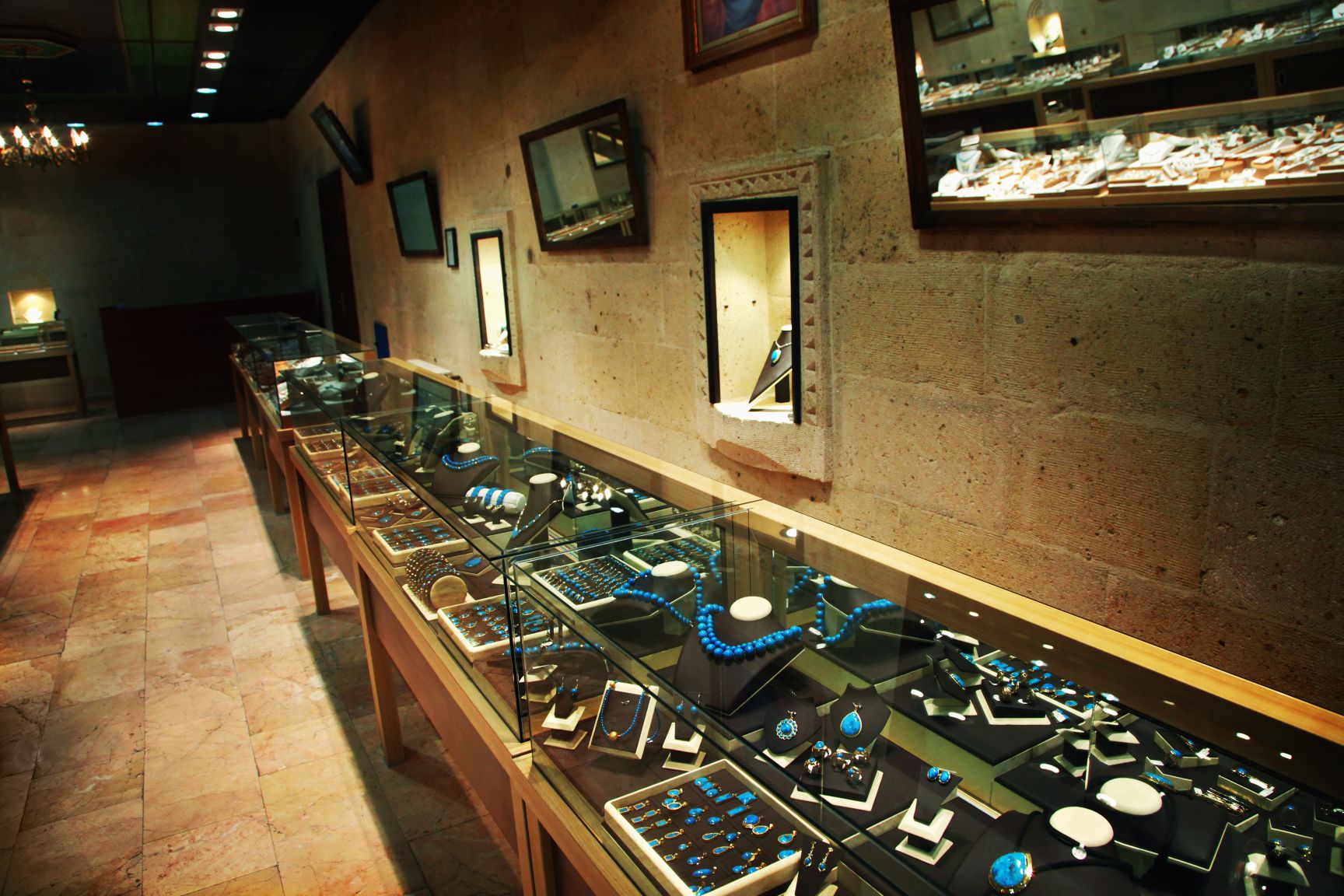To Be A Jeweler
Theres something inherent romantic and attractive about jewelry sales, besides the draw of working in a profession where the most creative people create glorious pieces; for some people its a fairly glamorous occupation to be a jeweler. Jewelers, however, aren't just about selling diamond rings to star-struck couples they can diversify into the design and creation of jewelry, jewelry appraisal, jewelry repair (yes, it does need to be fixed sometimes) all the way to cleaning/polishing antique pieces for preservation. They can even specialize in the precise field of creating jewelry molds or engraving newly-minted pieces. All it takes is the right kind of training to succeed as a jewelry industry expert.
<P>A person with absolutely no experience as a jeweler will obviously have to start pretty low on the totem pole, and yet even there exists a tremendous possibility for advancement. One caveat, however anyone entering the jewelry profession must keep an excellent credit score; they should also have no legal problems and no police or drug use record. Problems in these areas will usually bar an applicant from an initial interview, since the jewelry industry is highly oriented toward security and safety. Resumes are checked carefully as well, and its professional suicide to lie on a job application for this kind of work.
If one is unsure where to begin, a number of smaller jobs often present themselves as part-time or apprenticeship opportunities, including polishing or setting up displays in retail stores or jewelry repair shops, just to get some needed experience as a jeweler in any small capacity.
The jobs salary varies widely as well, since workers make only a pittance, whereas retail sales people (if they have the gift for interpersonal relating) can make quite a bit of money on commission sales, and management, if that is ones business-minded bent, can create an excellent well-paying position for the right individual.
Entering the jewelry profession as a worker might mean a smaller and slower advancement up the employment ladder; however, many a jewelry industry expert got his or her start through self-employment in stores they themselves set up. If one has the motivation for that, and the capital, its a faster boost up.
Before that, of course, one can apprentice in any number of jeweler internships that offer on-the-job experience, although one is usually expected to have at least a college degree, and some experience in math, design and/or customer-service management skills. Jewelry education internships and programs can be found at local trade schools as well as at colleges and universities, and the programs may include design, repair, metal and media techniques and/or sales and marketing.
One should always pursue education before entering the jewelry profession, but one should be sure to affiliate oneself with respected organizations such as the WJC (World Jewelry Confederation), which promotes the industry worldwide. A number of gemology courses online are no more than diploma mills for the desperate; one should avoid any such programs that aren't affiliated with any college or university.
Finally, to be a jeweler, one should have the knack for it, also known as the artistic skills that might translate into skilled jewelry creation (and a jeweler who sells his/her own creations can truly be said to have made it in the profession): eye-hand coordination (especially in demand in the creation of smaller and more delicate pieces), finger and hand dexterity (particularly important in dealing with the more fragile forms of gold and silver) and obvious artistic and design ability, along with a sense of fashion and a strong concentration to whatever work is at hand. These skills, combined with a personable and outgoing personality, are what allow one to be a jeweler of the highest skill and caliber.
Category: Jewelers - Retail
Business News
Popular Posts
- Universal Pursuit of Happiness - Wisdom from World Religions
- Overcoming Ego and Self-Centeredness - Lessons from World Religions
- Transcending Materialism - Spiritual Practices from World Religions
- Overcoming Prejudice and Intolerance - Guidance from Global Faiths
- How Mind Balance Can Improve the Mindsets of Employees
- Interfaith Insights by 1WorldPeace - The Top 100 Universal Beliefs in Global Spirituality
- Bridging Beliefs - Finding Common Ground in Love and Respect
- The SmartGuy Vision - A United Future Through Interfaith Love and Respect
- A Cautionary Vision - The Grim Future of a Divided World Without Love and Balance
- A Tapestry of Faiths - Exploring the Common Threads in World Religions
- Fostering Harmony Among Christianity Islam Buddhism Hinduism and Judaism
- Preparing Kids for Adulthood - 15 Vital Skills They Wont Learn in School
- Navigating Diversity - Jerusalem's Tactical Approach to Interfaith Harmony
- Clearing Mental Plaque: The Path to Enhanced Communication and Divine Connection
- Why Return to Jesus Christ and the Church
- Top 50 Ways to Live Longer
- Adventurous Romance -The Key to Enhancing Relationship Chemistry
- Pork Tenderloin with Mustard Cream Sauce
- Navigating Technology and Media for Optimal Mental Well-Being
- Understanding the Link Between Mental Health and Substance Abuse
